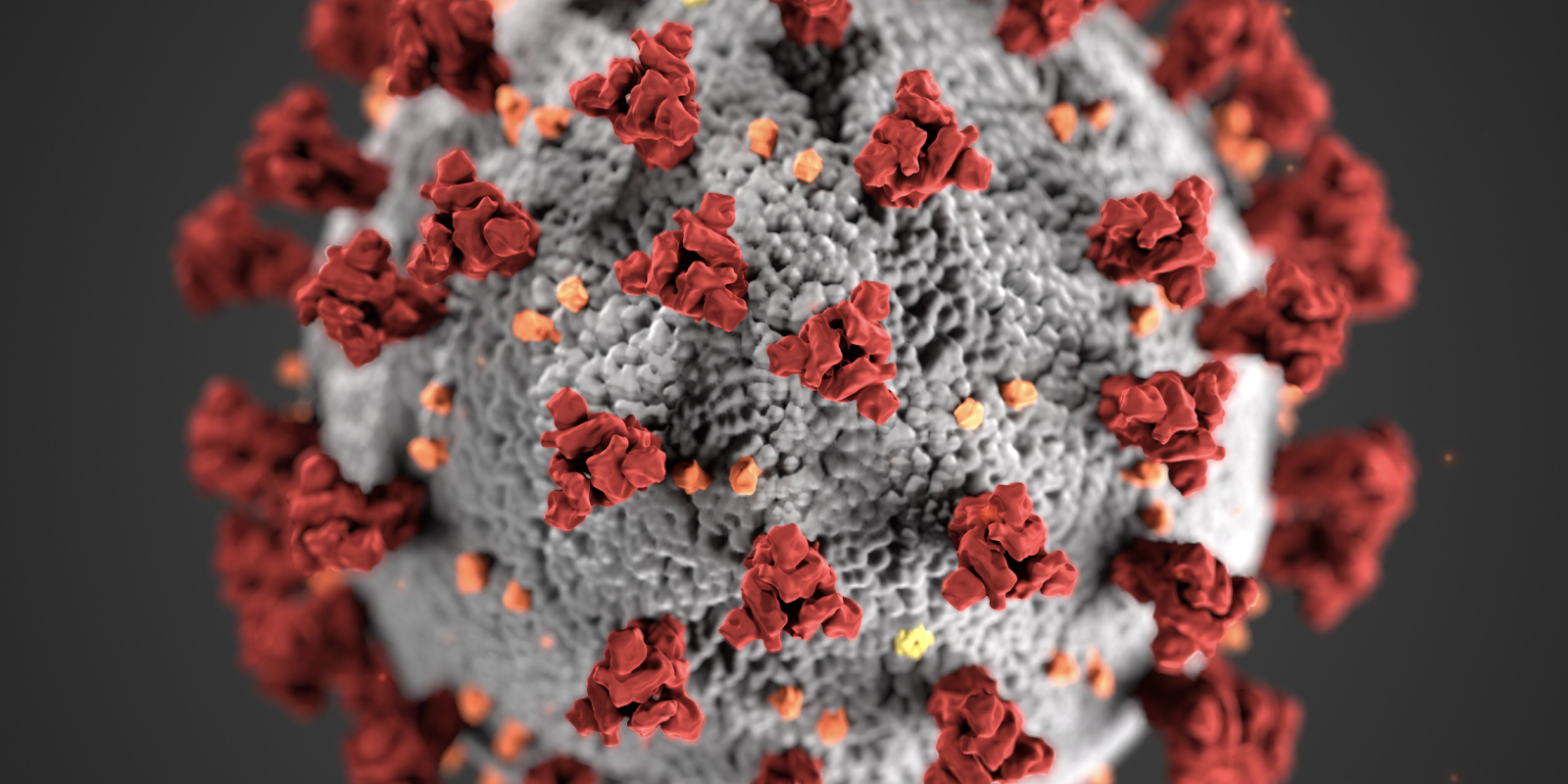
Omicron: Where We Are Now
With Omicron cases on the rise, News@AUC spoke to Hassan Azzazy, distinguished University professor, chair of the chemistry department and head of AUC’s Scientific Advisory Committee, to learn about the new variant, what can be done to mitigate its transmission and how this affects the University.
1. How is Omicron different from other COVID-19 variants?
The scientific community is still learning about Omicron. This variant can cause the full disease spectrum, starting from asymptomatic infection and mild infection to hospitalization and even death. Initial reports suggest that Omicron has high transmissibility, which indicates that it’s capable of infecting vaccinated individuals as well as those who previously got Delta and other COVID-19 variants. However, it is less dangerous than the Delta variant because it does not infiltrate the lungs and, in most cases, only causes moderate illness.
2. Have vaccines proven effective against Omicron?
Scientific evidence has shown that vaccines decrease the serious consequences of COVID-19 variants, including hospitalization, admission to the intensive care unit, breathing through ventilators and death. The Centers for Disease Control and Prevention recommends that all individuals receive a vaccine booster shot, since the number of antibodies inside one’s body decreases over time –– what is known as waning immunity –– and the booster shots charge the neutralizing antibody levels, thus significantly increasing the amount of antibodies against COVID-19.
3. We understand there are variants of interest, variants of concern and variants of high consequences. Where does Omicron fall? And what are the implications of that?
Omicron is classified by the World Health Organization and the CDC as a variant of concern (VOC). Check the CDC’s variant classifications here. For all VOCs, countries are expected to enhance surveillance and genome sequencing efforts and report clusters of VOC infection to the World Health Organization. Globally, efforts are underway to understand the VOC impact on COVID-19 epidemiology, severity, diagnostic tests and immune responses.
4. Has the Scientific Advisory Committee made any recent recommendations based on the COVID-19 situation on campus and in Egypt?
As evident from AUC’s Coronavirus Community Dashboard, the number of positive COVID-19 cases on campus are increasing despite the winter break and low campus population. The Scientific Advisory committee is assessing the current COVID-19 situation in AUC, Egypt and globally and reviewing the current recommendations. It should be noted that while Omicron is spreading rapidly, experts warn that the world may be suffering from “pandemic fatigue” and the public may have reached its limits of tolerating further restrictions.
5. As we embark on another semester of face-to-face learning, what are the main precautions we can take to keep everyone safe?
ALL individuals should wear well-fitting masks, observe social distancing, disinfect hands frequently, avoid crowded spaces and improve indoor ventilation. These measures should be strictly implemented to enable the AUC community to remain on campus. Additionally, booster vaccinations are recommended, especially for those with underlying conditions and the elderly. It is our responsibility to take these measures seriously and keep ourselves and everyone around us safe.
